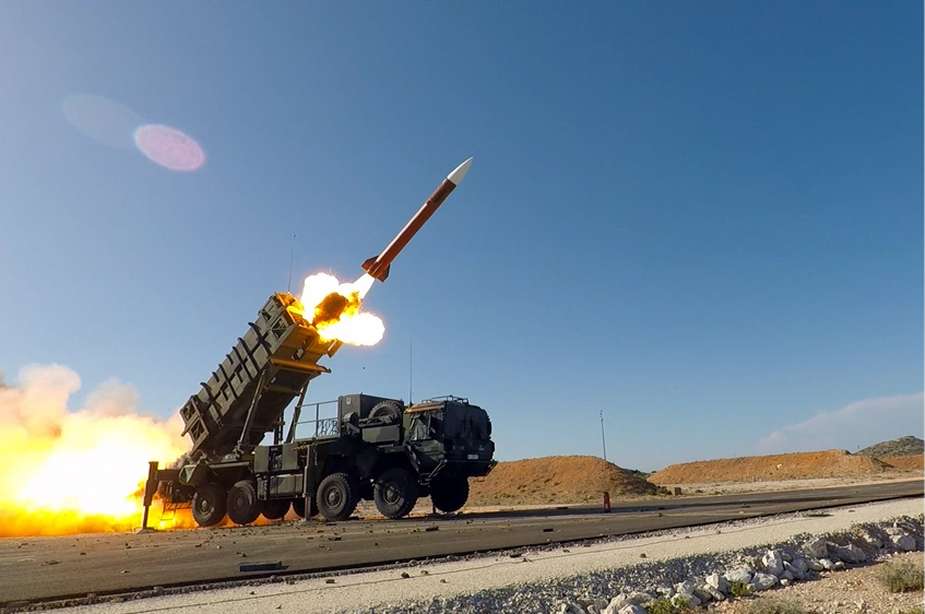Breaking news
United States to strengthen Iraq's air defense.
The United States Congress has approved the National Defense Authorization Act (NDAA) for 2024, marking a step in strengthening the air defense capabilities of the Iraqi security forces and Kurdish Peshmerga. This decision comes in response to the escalation of attacks, mainly carried out by militias supported by Iran, targeting U.S. and coalition forces in Iraq and the Kurdistan region.
Follow Army Recognition on Google News at this link

Patriot long-range air defense missile system (Picture source: US DoD)
The NDAA requires the U.S. Secretary of Defense, in consultation with the Secretary of State, to develop an action plan by February 1, 2024. This plan must include the provision and training necessary for the effective use of air defense systems by Iraqi and Kurdish forces. The implementation of this plan is scheduled within 90 days following its formulation, subject to adjustments if these actions are deemed detrimental to the readiness and stockpiles of the United States.
Although the exact models of the air defense systems to be provided have not been explicitly detailed in public documents, they are unlikely to include systems as advanced as the Patriot surface-to-air missile system. The focus might instead be on more readily available and deployable systems, capable of providing effective defense against the specific threat profile faced by the Iraqi and Kurdish forces. This could include short-range anti-aircraft and potentially portable missile defense systems, better suited to counter drone and rocket attacks.
This initiative has broader implications for the geopolitical dynamics of the region. By strengthening the air defense capabilities of its allies in Iraq, the United States not only reinforces its defensive posture but also implicitly challenges the offensive capabilities of Iran-backed militias.
However, this move is not without complexities. Iraq and the Kurdistan region maintain a delicate balance in their relations with the United States and Iran. The provision of advanced military equipment by the United States could be perceived as a shift in this balance, potentially provoking reactions from Iran. Moreover, the ability of the Iraqi government to integrate and effectively manage these new systems within its existing military infrastructure will be a key factor in the success of this initiative.
The provision of air defense systems to Iraqi and Kurdish forces marks a development in the United States' strategic approach to the Middle East. It aims not only to improve the defensive capabilities of these forces against Iran-backed threats but also serves as a geopolitical statement of intent from Washington. However, this initiative's effectiveness will depend on the precise nature of the equipment provided, the accompanying training, and the broader regional responses it elicits.


























